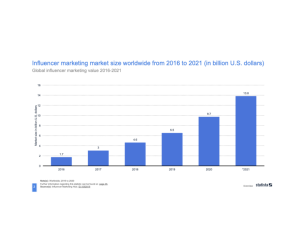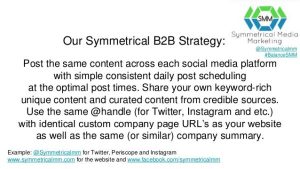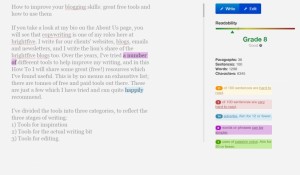
If you’re selling any type of product, you will most likely have to work with a marketing intermediary at some point. Marketing intermediaries are the middlemen who facilitate the transfer of products from the supplier all the way down to the customer. Depending on your distribution strategy, you may have to work with one or more of these intermediaries:
Distributors
Distributors buy products from suppliers with the goal of reselling the items to retailers at a higher price. Besides pitching products to retailers, distributors also handle other tasks for their clients including restocking inventory, creating displays, and training the retailers’ staff on new products. Most distributors only cover a specific geographic region, so if you want to launch nationally, you may need to hire multiple distributors to cover the entire country.
Distributors don’t just sit back and wait for the orders to come in. Instead, they take a proactive approach by going out into the market to introduce your product to different retailers within their territory. Whereas wholesalers usually only work with larger retailers, distributors work with retailers of all sizes.
Wholesalers
There is a lot of confusion over the difference between wholesalers and distributors, and many people use these terms interchangeably, although they are not the same. Both types of intermediaries purchase products from suppliers in order to resell them to retailers, but wholesalers are only concerned with making the sale. These intermediaries do not provide the after-sale service that distributors do.
Wholesalers often sell competing products, while distributors do not. For example, distributors would only work with Coke or Pepsi, while wholesalers would work with both. As a result, wholesalers do not form as close of a bond with their suppliers because they are not as dedicated to selling only their brand.
Agents
Unlike distributors and wholesalers, agents, or product brokers, do not actually purchase products from the suppliers. Instead, they work on commission or take a percentage of the sales price, so they are rewarded based on how many units they sell to retailers. Although agents are usually well connected and able to introduce suppliers to new retailers, they do not perform other services such as merchandising and after-sale customer service. If you want more of a full-service marketing intermediary, an agent may not be the right choice for you.
Retailers
Retailers are often the final step before the end user in the supply chain. Brands can choose to hire their own sales team to pitch to and service retailers or work with one of the other marketing intermediaries who can handle these activities on their behalf. Whether you sell directly to retailers or not depends on the size of your company. Dealing with retailers can be time-consuming, so it may distract you from other areas of business that need your attention. If you are able to work with an agent, distributor, or wholesaler, this is usually recommended.
Which types of marketing intermediaries have you worked with? What was your experience with each? Share your stories in the comments below!
Business & Finance Articles on Business 2 Community(106)
Report Post




